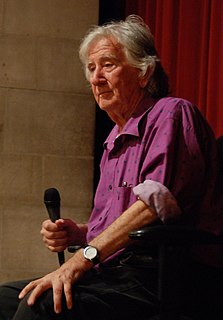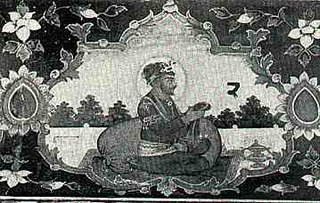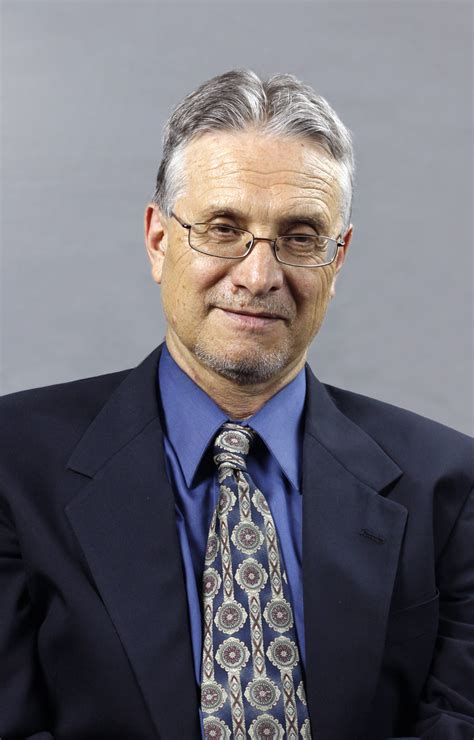A Quote by Grant Morrison
It's quite possible we may actually be looking at some kind of super-sanity here. A brilliant new modification of human perception, more suited to urban life at the end of the twentieth century...He creates himself each day. He sees himself as the lord of misrule and the world as a theatre of the absurd.
Related Quotes
The people in the world, and the objects in it, and the world as a whole, are not absolute things, but on the contrary, are the phenomena of perception... If we were all alike: if we were millions of people saying do, re, mi, in unison, One poet would be enough... But we are not alone, and everything needs expounding all the time because, as people live and die, each one perceiving life and death for himself, and mostly by and in himself, there develops a curiosity about the perceptions of others. This is what makes it possible to go on saying new things about old things.
If we apply the term revolution to what happened in North America between 1776 and 1829, it has a special meaning. Normally, the word describes the process by which man transforms himself from one kind of man, living in one kind of society, with one way of looking at the world, into another kind of man, another society, another conception of life.... The American case is different: it is not a question of the Old Man transforming himself into the New, but of the New Man becoming alive to the fact that he is new, that he has been transformed already without his having realized it.
Theatre has nothing to do with buildings or other physical constructions. Theatre - or theatricality - is the capacity, this human property which allows man to observe himself in action, in activity. Man can see himself in the act of seeing, in the act of acting, in the act of feeling, the act of thinking. Feel himself feeling, think himself thinking.
The recently ended twentieth century was characterized by a level of human rights violations unparalleled in all of human history. In his book Death by Government, Rudolph Rummel estimates some 170 million government-caused deaths in the twentieth century. The historical evidence appears to indicate that, rather than protecting life, liberty, and the pursuit of happiness of their citizens, governments must be considered the greatest threat to human security.
...being human always points, and is directed, to something, or someone, other than oneself—be it meaning to fulfill or another human being to encounter. The more one forgets himself—by giving himself to a cause to serve or another person to love—the more human he is and the more he actualizes himself.... What is called self-actualization is not an attainable aim at all, for the simple reason that the more one would strive for it, the more he would miss it. In other words, self-actualization is possible only as a side-effect of self-transcendence.
The man who works recognizes his own product in the world that has actually been transformed by his work. He recognizes himself in it, he sees his own human reality in it he discovers and reveals to others the objective reality of his humanity of the originally abstract and purely subjective idea he has of himself






































